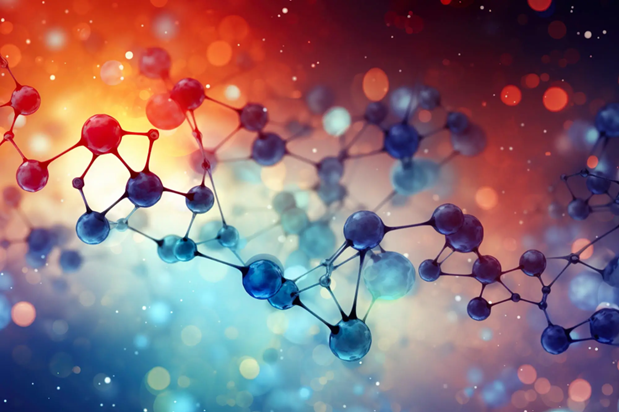
To listen to today’s reflection as a podcast, click here
It can be hard these days to get straight answers to simple questions.
Ask a political candidate about any number of issues and you’re likely to get the runaround.
That’s why it’s so refreshing that Duke philosophy professor Alex Rosenberg, in his book The Atheist’s Guide to Reality: Enjoying Life Without Illusions, gives simple, uncomplicated answers to 12 important questions:
- Is there a God? No.
- What is the nature of reality? What physics says it is.
- What is the purpose of the universe? There is none.
- What is the meaning of life? Ditto.
- Why am I here? Just dumb luck.
- Does prayer work? Of course not.
- Is there a soul? Is it immortal? Are you kidding?
- Is there free will? Not a chance!
- What happens when I die? Everything pretty much goes on as before, except us.
- What is the difference between right and wrong, good and bad? There is no moral difference between them.
- Why should I be moral? Because it makes you feel better than being immoral.
- Is abortion, euthanasia, suicide, paying taxes, foreign aid, or anything else you don’t like forbidden, permissible, or sometimes obligatory? Anything goes.
Of course, Rosenberg’s refreshing candor doesn’t necessarily mean you will like his answers.
The professor doesn’t hide his personal conviction that materialism – the notion that reality is based entirely on particles, with no provision for the supernatural – provides no guidance whatsoever for public or private morality.
This is not to say that atheists live ethically barren lives. Many of them are gracious, compassionate, and stand up for human equality. But as author and theologian Rebecca McLaughlin points out, those perspectives are “not the logical outworking of atheism.” If we insist that right, wrong, good, and bad are meaningless social constructs, it really doesn’t matter what we think about other people.
Here’s how MIT professor and popular science writer Alan Lightman describes human identity:
“Our consciousness and our self-awareness create an illusion that we are made out of some special substance, that we have some special kind of ego-power, some “I-ness,” some unique existence. But in fact, we are nothing but bones, tissues, gelatinous membranes, electrical impulses and chemicals.”
Those two words, “nothing but,” are telling.
As soon as we enter the realm of Nothing Buttery – we are nothing but molecules, nothing but the effects of DNA, nothing but brain chemistry – we abandon the grounds to say that anything is Right or True. Lightman calmly observes, “We are a bunch of atoms, like trees, or like donuts.”
McLaughlin follows that logic where it leads: “So, eat a donut, or eat a child. Anything goes.”
Lightman insists that he doesn’t believe, like Alex Rosenberg, that anything goes. But why not? If materialism is an accurate description of reality, on what grounds do we say to the cannibal, the pedophile, or the bank robber, “You shouldn’t do that”?
This is the point at which a number of Christians thumb their noses at science and scientists. If scientific research inevitably leads to materialism’s skepticism and amorality, let’s beat a hasty retreat to the intellectual comforts of the pre-scientific era.
But that would be nothing but a really bad idea, for the simple reason that materialism is not where scientific research inevitably leads.
Let’s hear from another MIT professor, world-class plasma physicist Ian Hutchinson. Here’s his take on human identity:
“I am an assembly of electrons and quarks interacting through quantum chromodynamics and the electroweak forces; I am a heterogeneous mixture of chemical elements… I am a system of biochemical processes guided by genetic codes; but I am also a vast and astoundingly complex organism of cooperating cells; I am a mammal, with hair and warm blood; I am a person, husband, lover, father; and I am a sinner saved by grace.”
Hutchinson captures the strange duality of God’s world. We are physical beings. Yet so much more.
The psalmist is astonished by what he sees when he looks at God’s creation, as typified by the night sky:
“When I consider your heavens, the work of your fingers, the moon and the stars, which you have set in place, what is mankind that you are mindful of them, human beings that you care for them? You have made them a little lower than the angels and crowned them with glory and honor. You made them rulers over the works of your hands; you put everything under their feet” (Psalm 8:3-6).
If human beings are material entities yet also creatures who are “a little lower than the angels,” then what we do today matters.
We are more than just our appetites, our impulses, and our neurological responses.
We can know ourselves to be God’s deeply loved children, whose presence in the world is not dumb luck.
And that assurance is nothing but transforming.
